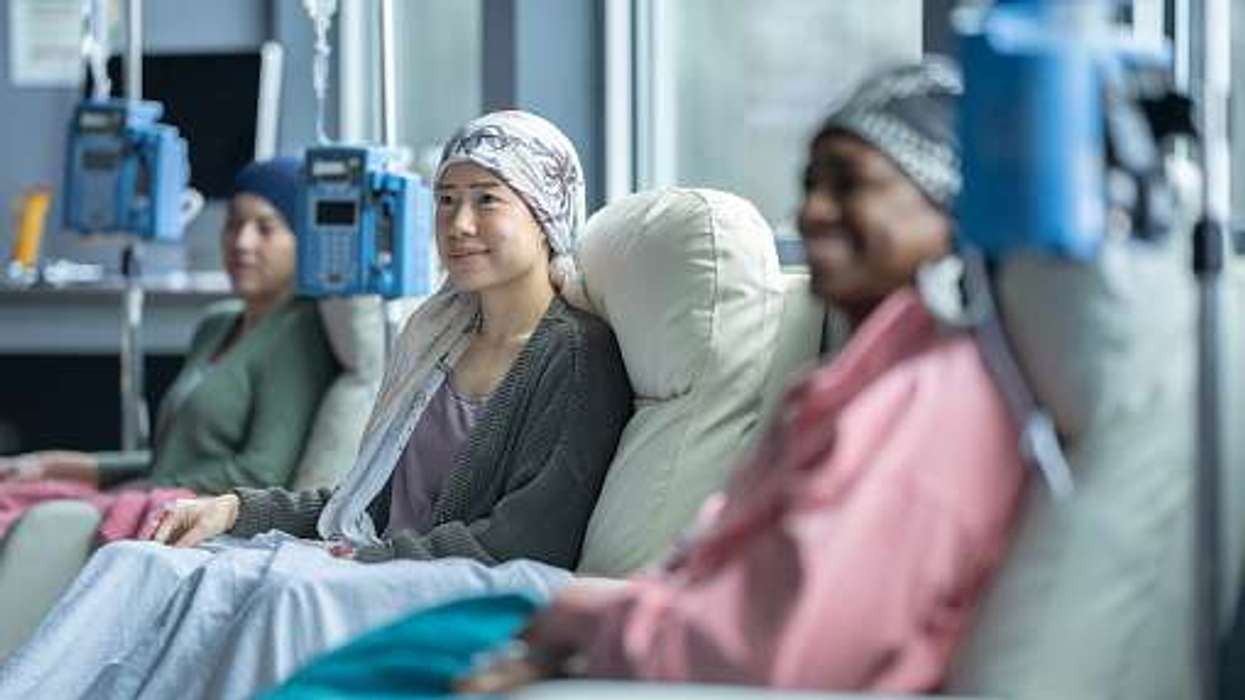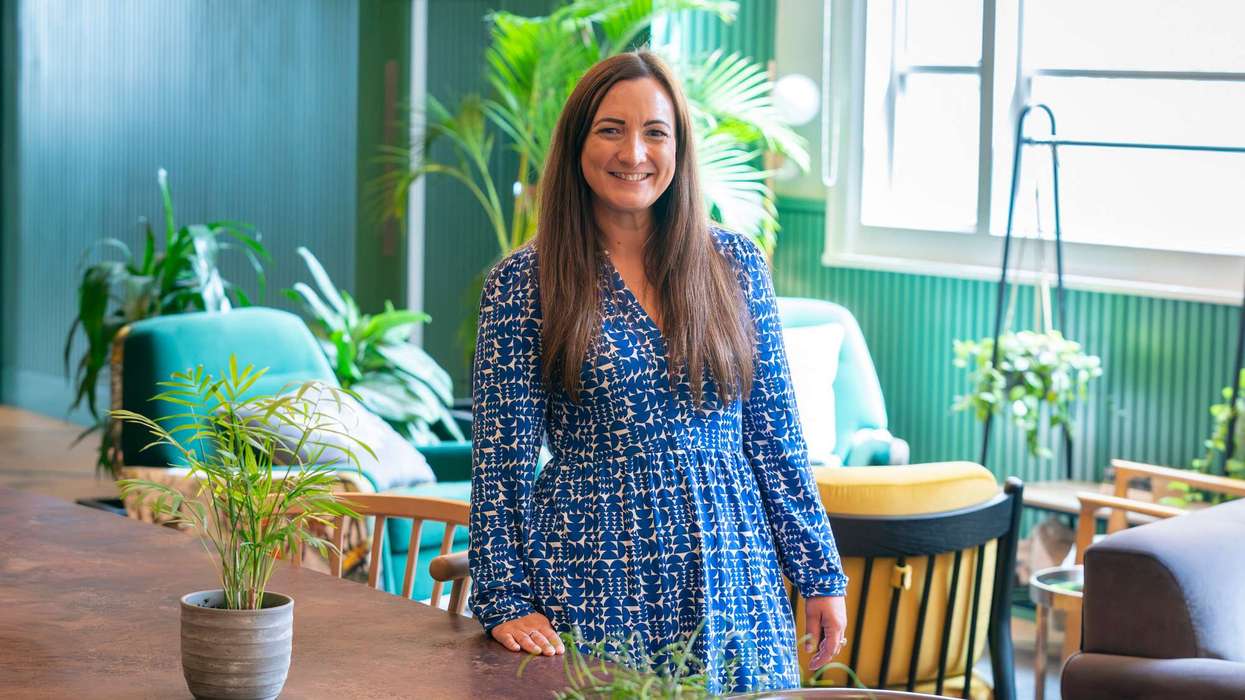As part of a new blueprint for primary care, the government today (May 9) announced an investment of £645 million over two years to expand community pharmacy services in England.
In a statement, NHS England said: "For the first time ever, patients who need prescription medication will be able to get it directly from a pharmacy, without a GP appointment, for seven common conditions including earache, sore throat, or urinary tract infections."
Prime minister Rishi Sunak hopes that the measures will help end the "all-too stressful wait on the end of the phone for patients" by freeing up 15 million slots at doctors’ surgeries over the next two years.
"We will end the 8am rush and expand the services offered by pharmacies, meaning patients can get their medication quickly and easily," he said
Almost half a million women will no longer need to speak to a practice nurse or GP to access oral contraception and will instead be able to pop into their local pharmacy for it, according to the government announcement.
Blood checks for people suffering from moderate risk of heart attack or stroke conducted in community pharmacies will more than double from 900,000 last year to 2.5 million next year.
NHS chief executive Amanda Pritchard said the "ambitious package" would help transform how care is provided within the health service "with pharmacies playing a central role in managing the nation’s health including providing lifesaving checks and medication for common conditions for the first time.
"This blueprint will help us to free up millions of appointments for those who need them most, as well as supporting staff so that they can do less admin and spend more time with patients."
A huge vote of confidence
Janet Morrison, Pharmaceutical Services Negotiating Committee CEO, called the plan "a very welcome step towards putting pharmacies even more at the heart of primary care and prevention."
She said: "This investment in community pharmacy and its future – the biggest investment in pharmacies for many years – is a huge vote of confidence from government, the NHS and from ministers."
Morrison added: "We hope that a fully-funded common conditions service and additional investment in the two existing services will help to give us a platform from which to build an ambitious future for pharmacies in the communities they serve.
"It is now clear that ministers recognize the value that pharmacies can offer and the services we can provide if we are put on a sustainable footing, and we will be looking to build on that positivity through our ongoing vision and strategy work. A financially supported community pharmacy sector can do so much more."
Momentous development
NPA chief executive Mark Lyonette welcomed the commitment "to invest in a pharmacy-based common ailments service," but noted that his association would like to look carefully at the details of the plan.
"But from the initial information this appears to be a momentous development, which has the potential to radically change the outlook for our sector, as well as benefiting patients,” he said.
Dr Leyla Hannbeck, CEO of the Association of Independent Multiple Pharmacies, said that plan recognised the important role that the sector could play in improving patient access to care.
"Our communities know us and trust us and for some time, we’ve been arguing that we can be a key solution to many of the challenges facing the NHS and asking the government to put us at the heart of their thinking.
"Measures to facilitate patient care with less cumbersome and time-consuming bureaucratic burden will be welcome news by pharmacy teams the length and breath of the country.”
Real game-changer
Malcolm Harrison, the Chief Executive of the Company Chemists Association, said: "We have long been calling for the NHS to allow community pharmacy to play a leading role in urgent care.
"The access pharmacies offer is essential to tackling health inequalities and meeting a growing patient need. We encourage NHS England to be ambitious in their plans and take full advantage of this opportunity.”
Calling the plan a "real game-changer" for patients, RPS England chair Thorrun Govind echoed similar sentiments as Harrison.
"These plans will help to reduce health inequalities, especially in deprived areas where pharmacies are at the heart of their communities and trusted by patients," she said.
“Providing treatment to help prevent common conditions from becoming worse and requiring more complex treatment later on is better for patients and also cost-effective. Patients can expect to receive trusted advice from pharmacists in their local pharmacy."
Shilpa Shah, CEO of North East London LPC, said: "This is step in the right direction and a win for Community Pharmacy. We look forward to seeing the detail once this has all been finalised. This funding shows that the government value community pharmacy and can visualise a clear place for us within primary care."











